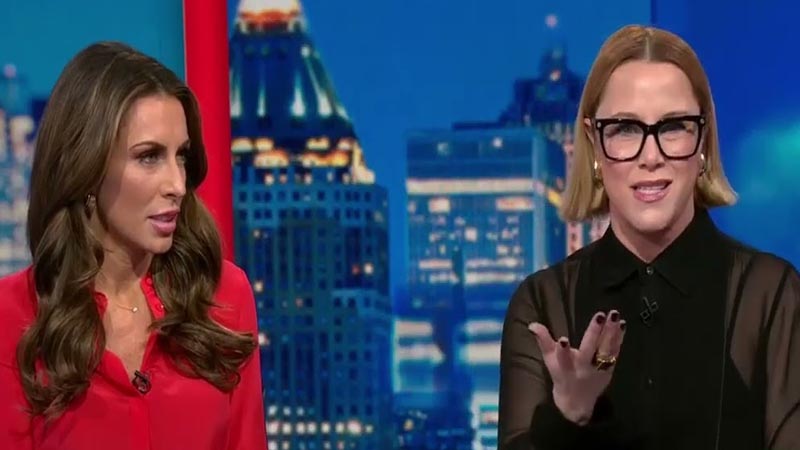Lauren Boebert Faces Fundraising Challenges After Switching Congressional Districts

(Tom Williams/CQ Roll Call file photo)
Representative Lauren Boebert (R-CO) has experienced a significant decline in fundraising from individual donors following her decision to contest from a more conservative congressional district this year. This change has resulted in her collecting much lower amounts compared to her previous fundraising efforts, according to a recent analysis by Federal Election Commission filings.
During the first quarter of 2024, Boebert managed to raise approximately $388,805 from individual contributors. This figure represents a sharp decrease from the $2.7 million she raised from the same donor group in 2023, excluding Political Action Committee (PAC) contributions. Newsweek highlighted these figures, noting that in the first quarter of 2023, Boebert raised about $562,988 from individuals, and her most successful quarter in the 2024 election cycle was from July through September of 2023 when she managed to collect about $795,185 from individual donors.
The report further detailed that Boebert’s campaign expenditures have escalated, surpassing the amount she raised from individual donations in 2024. Specifically, her campaign expenses amounted to $761,255 during the first quarter of 2024. This increase in spending marks a rise from the fourth quarter of 2023 when her campaign expenses were approximately $684,437.
Despite the reduction in fundraising, the FEC filings indicated that Boebert had over $1 million on hand by the end of March 2023. This suggests that while her current fundraising might be underwhelming, she had accumulated a substantial reserve from earlier successful quarters.
Political analysts have commented on these developments, pointing out the potential implications for Boebert’s campaign. Grant Davis Reeher, a political science professor at Syracuse University, spoke to Newsweek about the significance of the fundraising drop. He expressed concerns that if similar efforts are yielding less financial support, especially in comparison to other notable conservative Republicans, it could be worrisome for Boebert.
Reeher explained that changing districts could complicate her fundraising efforts, adding challenges due to geographic and possibly demographic shifts. He also noted that despite Boebert being the apparent front-runner in her primary, winning such a race could be costly, requiring substantial financial resources. The need for robust funding is crucial, especially in primaries where campaign expenditures can skyrocket.
Boebert’s move to Colorado’s Fourth Congressional District came after she announced late last year that she would not seek reelection in Colorado’s Third Congressional District, following the retirement of GOP Representative Ken Buck. This strategic shift to a district with potentially more conservative voters could be a tactical move aiming for greater electoral security, but it has evidently brought forth new challenges in maintaining her previous fundraising momentum. As the election cycle progresses, it will be essential for Boebert to adapt her strategies to ensure sufficient campaign resources in the face of these financial headwinds.


